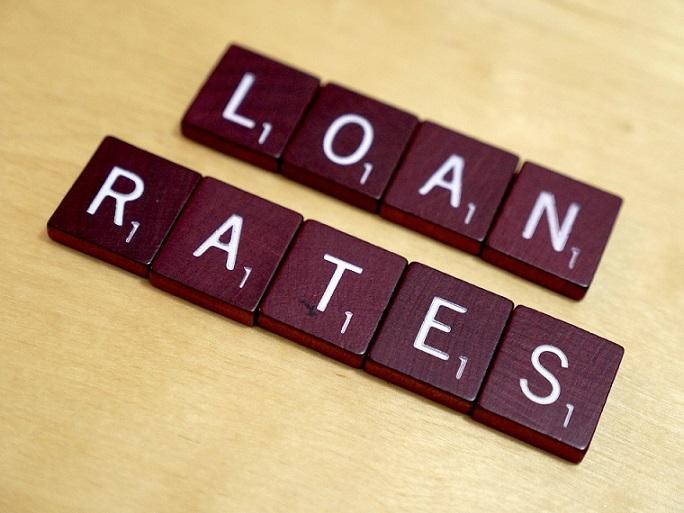

Everyone in the market for a new home is looking for the lowest mortgage rate possible.
The lower your mortgage rate, the less money you owe per month. In other words, your rate will determine which homes you can afford and which are out of your price range.

So what can you do to qualify for a lower rate and expand the market of houses you can afford?
There are a few tricks that can help you, but first it’s important to understand how your rate is determined.
Remember: The less risk you present to lenders, the better the rate they’ll offer you. Lenders will cut you some slack if they believe you’re going to routinely make your monthly payments on time, so the key is to present as little risk as possible.
Your credit score affects the rate you’re offered, and it’s no secret that higher credit scores earn lower rates.
Your income and debt-to-income ratio (how much of your income goes toward paying off existing debts) also matters, because it shows lenders how much more debt you can reasonably afford to take on.
And assets can also help reduce your rate by acting as collateral that make lenders feel more at ease lending you money.
Now knowing all of this, let’s discuss what you can do to tweak your financial situation and present as little risk as possible when applying for a home loan.
Pay off some debt
One trick is to try and pay off some portion of your debt in one lump sum before applying for a loan. The expectation is not to pay off all of your debt in one fell swoop; that’s unrealistic and in most cases impossible.
But if you can subtly chip away at a little more debt than you usually would on a monthly basis just before applying for a mortgage rate, it’ll enhance your debt-to-income ratio a great deal and present you as less of a risk. That means — you guessed it — a lower rate.
Pay more upfront
If you make a higher down payment, it in turn cuts into how much you’ll owe to pay off the house over the life of the mortgage.
Paying more up front means lenders now need to lend you less money, which then makes you appear as less of a risk. So not only will you owe less over the life of your mortgage, but you’ll owe that money at a lower rate as well.
Of course, not everyone is equipped to simply throw down a few extra thousand dollars, no matter how much it will benefit their rate later. That’s why it’s important to plan before buying a home.
Dedicate some amount of time to simply saving money for the purpose of making a greater down payment. Instead of saving for a vacation that will last a week, save for the home you’ll live in for 30 years, and then take a staycation after the move.
Another way to pay upfront is to purchase prepaid interest points. (To clarify, points are referring to whole percentage points — $1 represents one point on a $100 loan.)
This essentially means paying some of your interest up front, which of course would reduce how much interest you’d owe later.
Let’s say you took out a home loan worth $300,000 and prepaid two points ($6,000) on that loan. Buying those points up front may save you more than $200 a month on your mortgage. So long as you plan to live in your home for the duration (or at least most of the duration) of your mortgage, you’ll ultimately save money.
However, if you do not plan to stay in the home long-term, this strategy may be unwise. You may end up selling the home before the money you saved with a lower rate tops how much you paid to buy those two points up front. In these instances, it’s better to just try and make a larger down payment.
There are steps you can take now to ensure you get the lowest rate possible on your new home loan. Ace Mortgage is dedicated to getting the best loan for you, now and in the future. We’d be happy to look over your particular situation, and help you find the best course to that new home you’ve been dreaming of. Contact the mortgage professionals at Ace today to find out what rates you qualify for, and get started on your journey to a home you can be proud of, and a rate you can be happy about!

